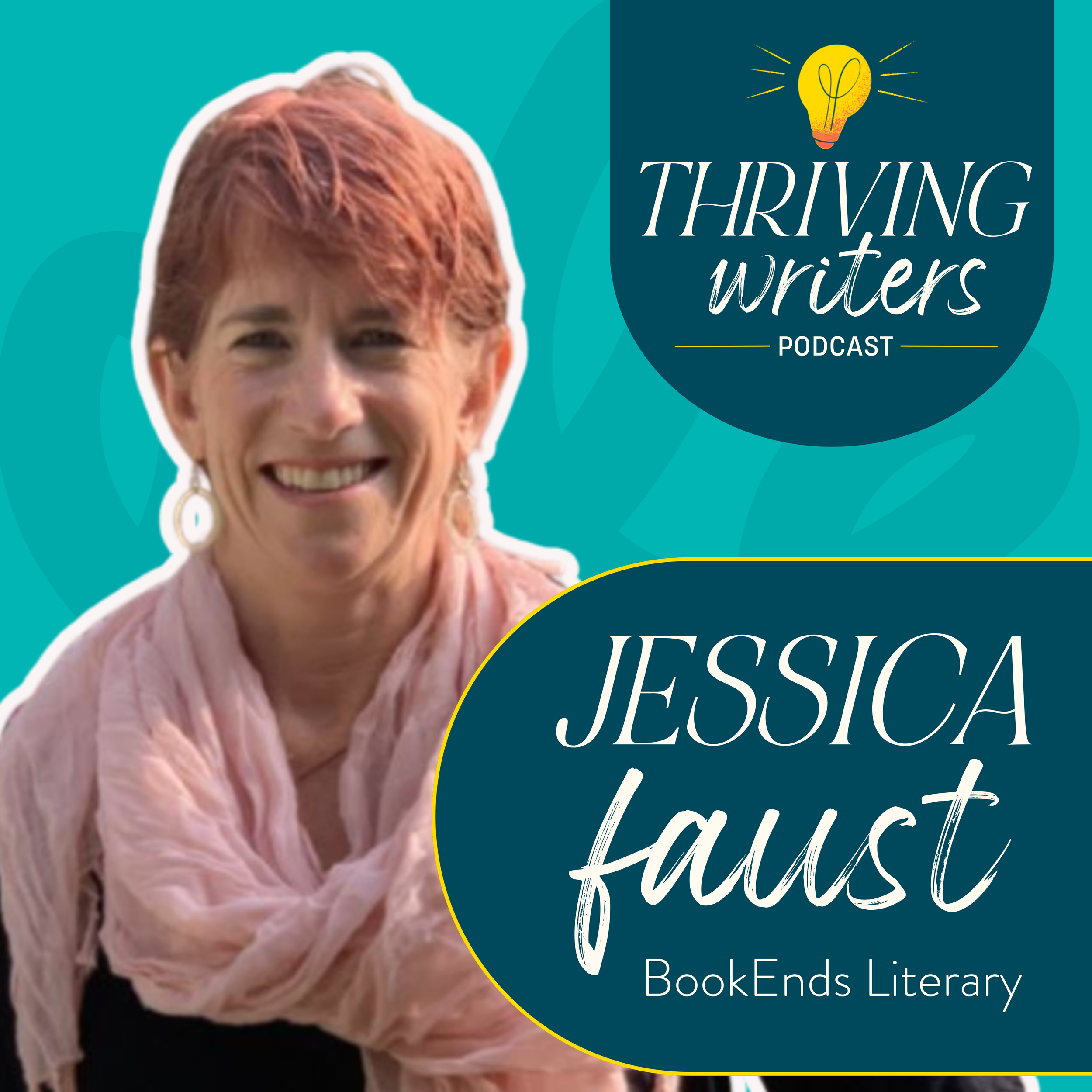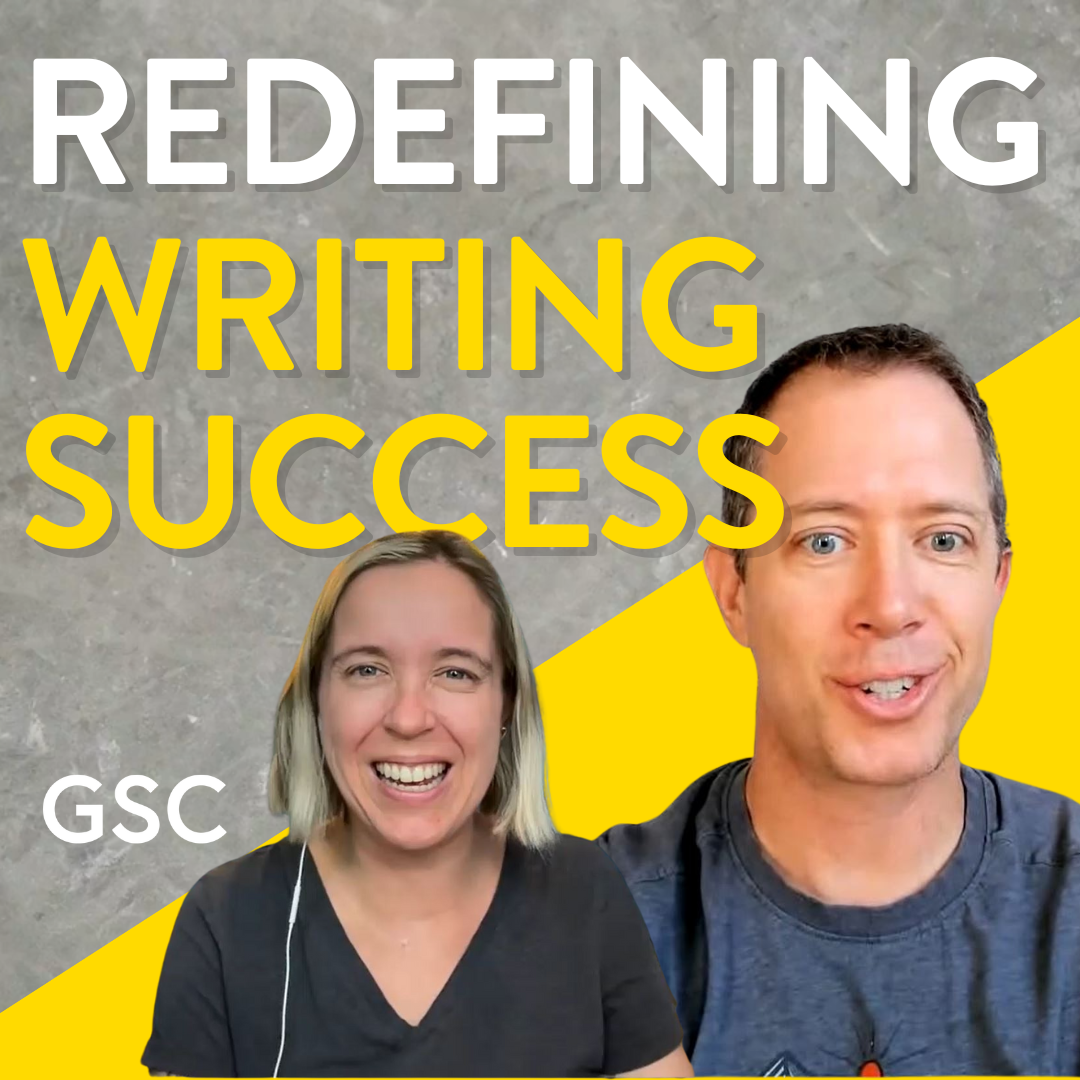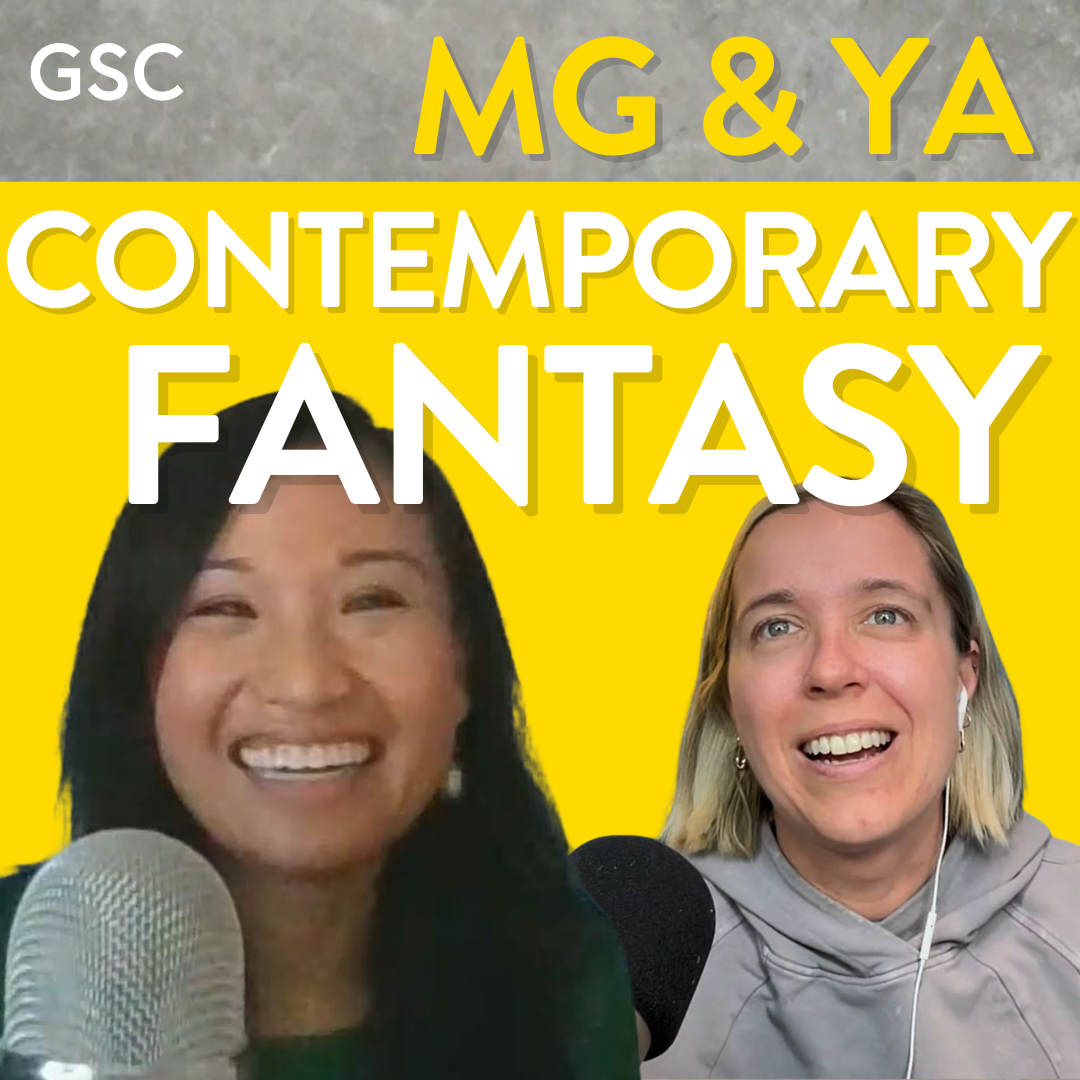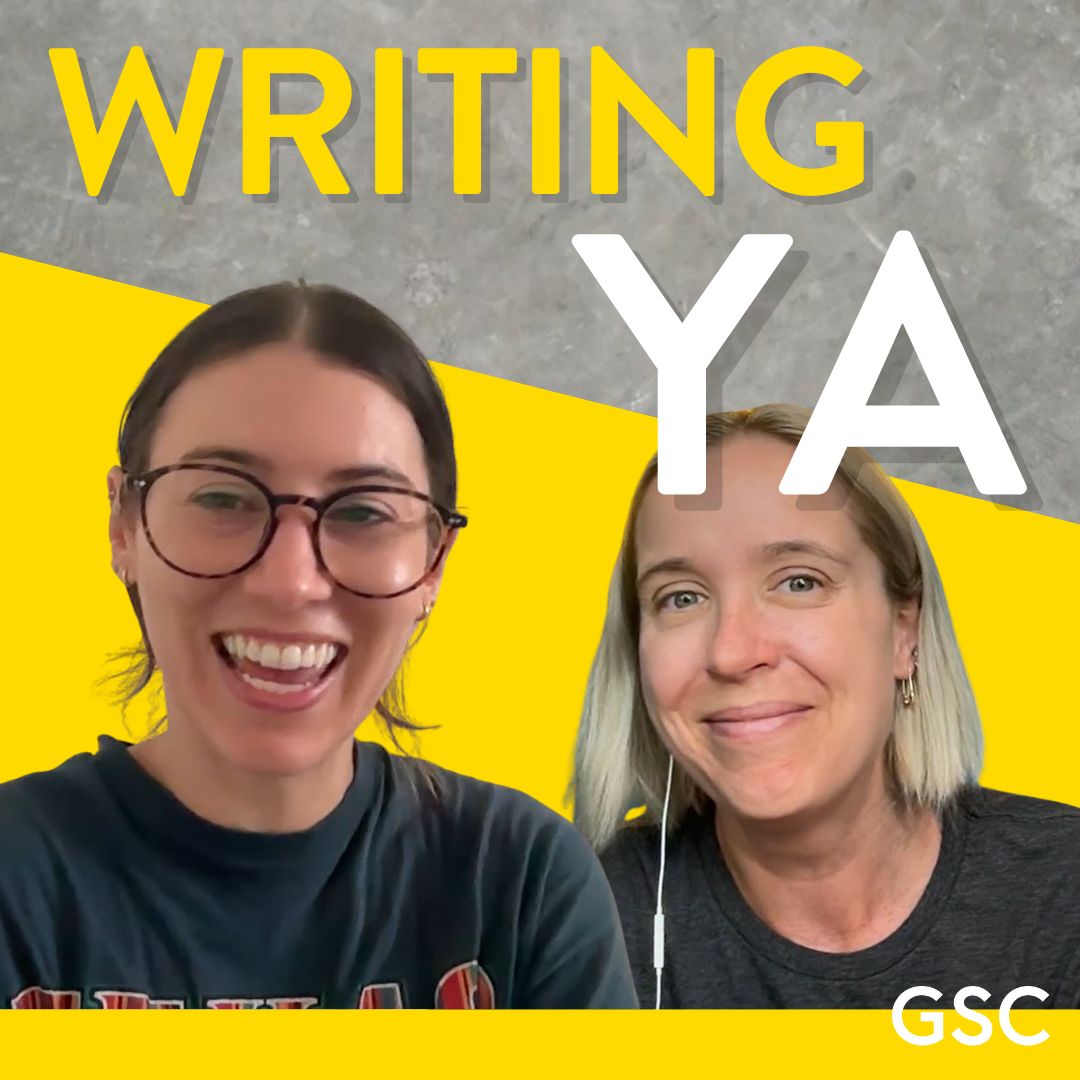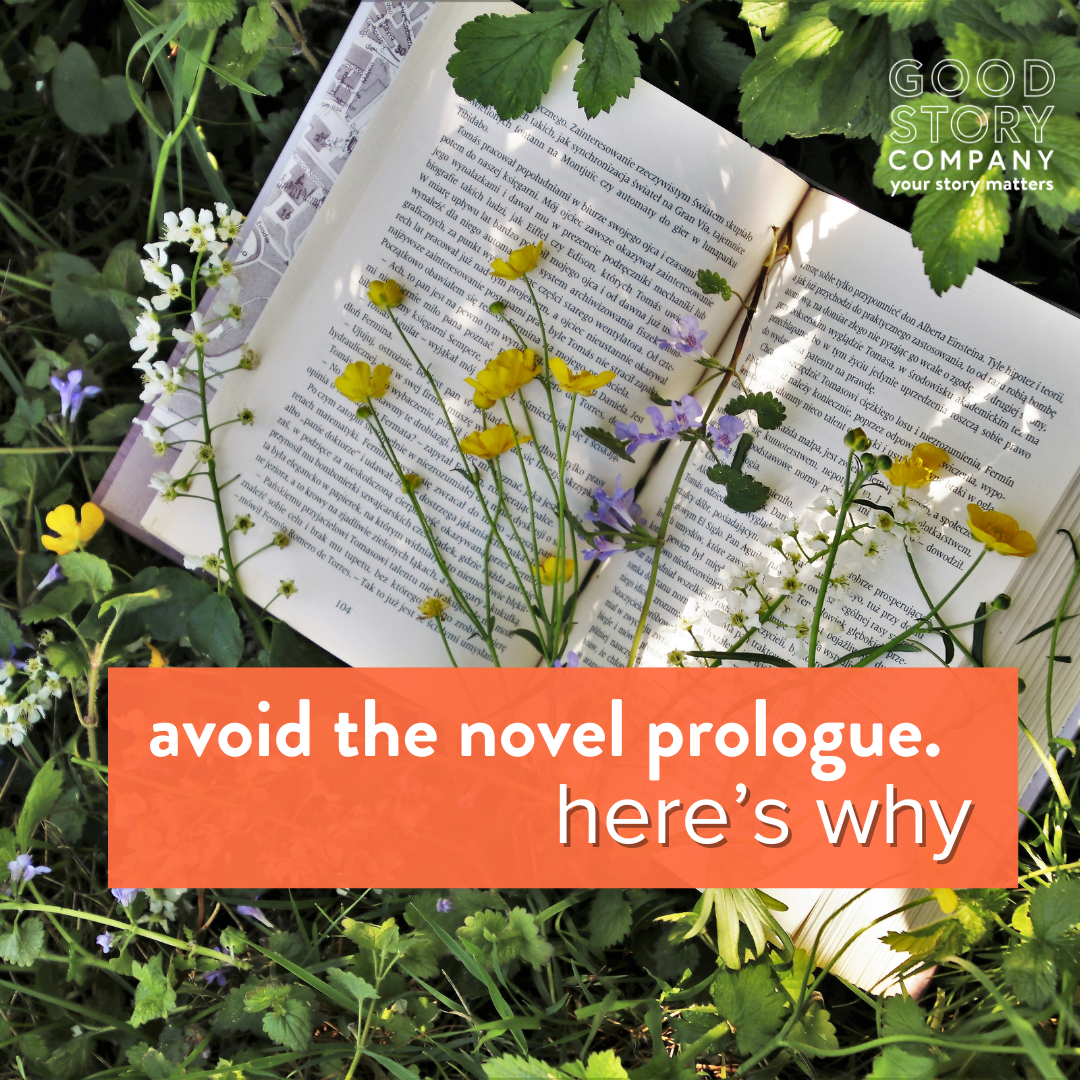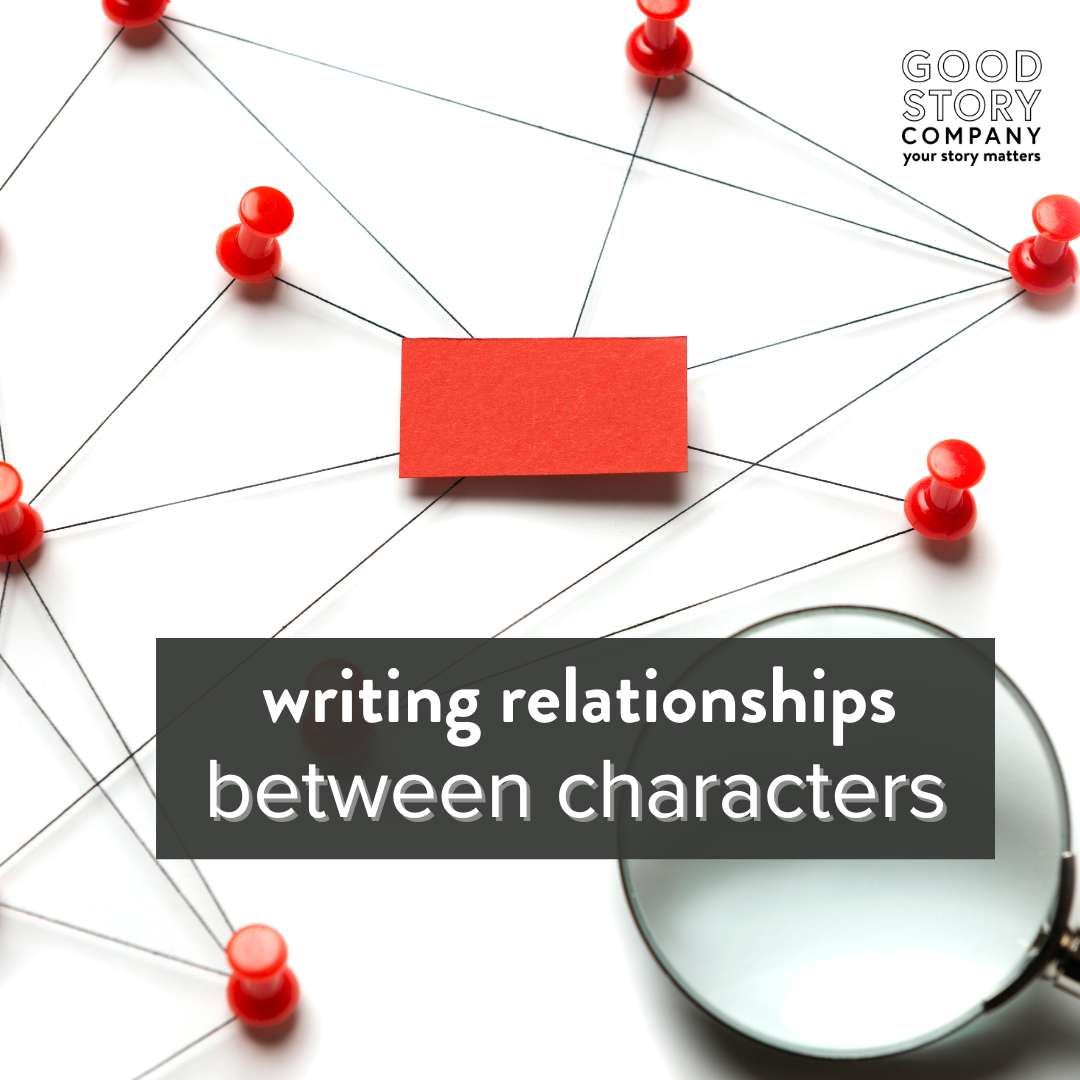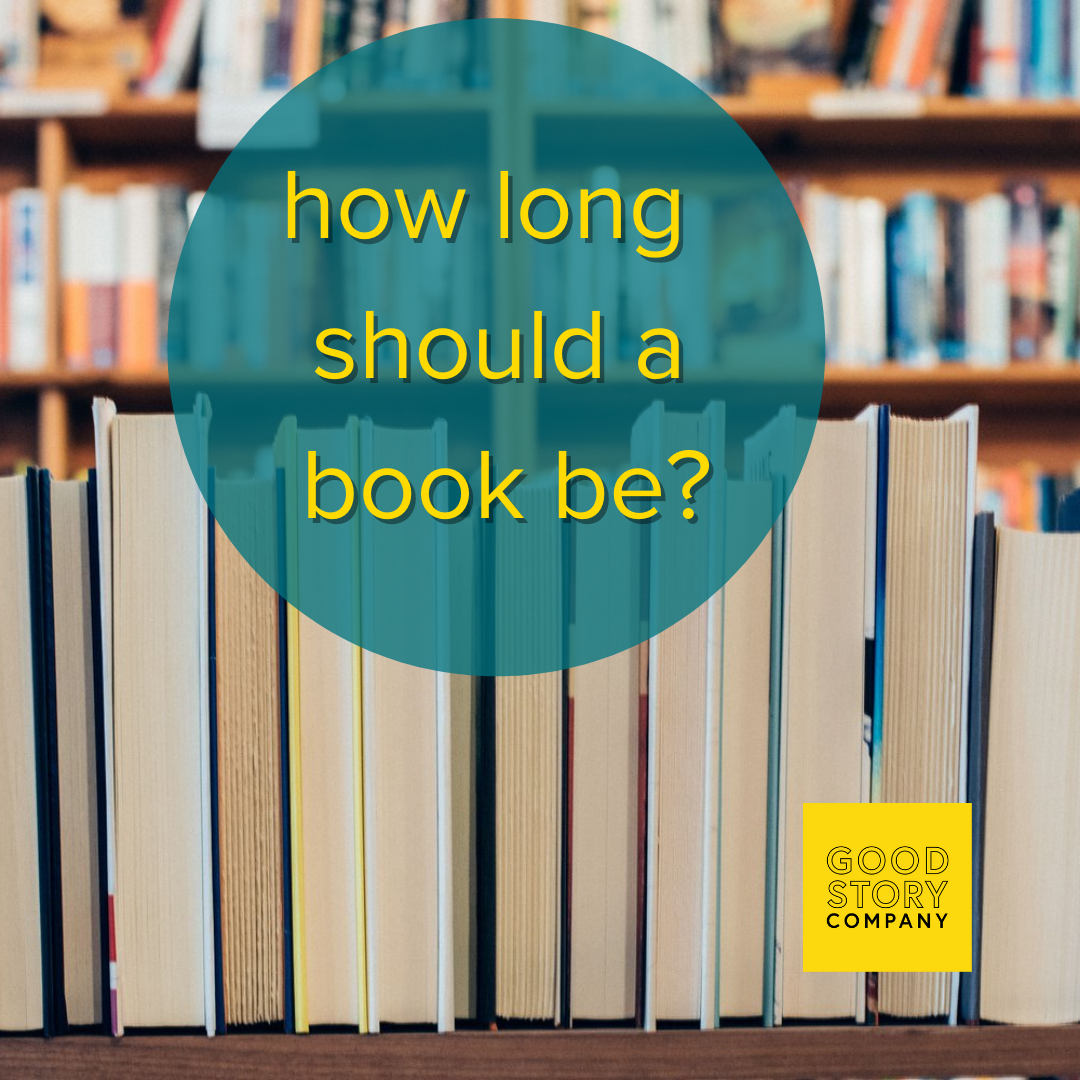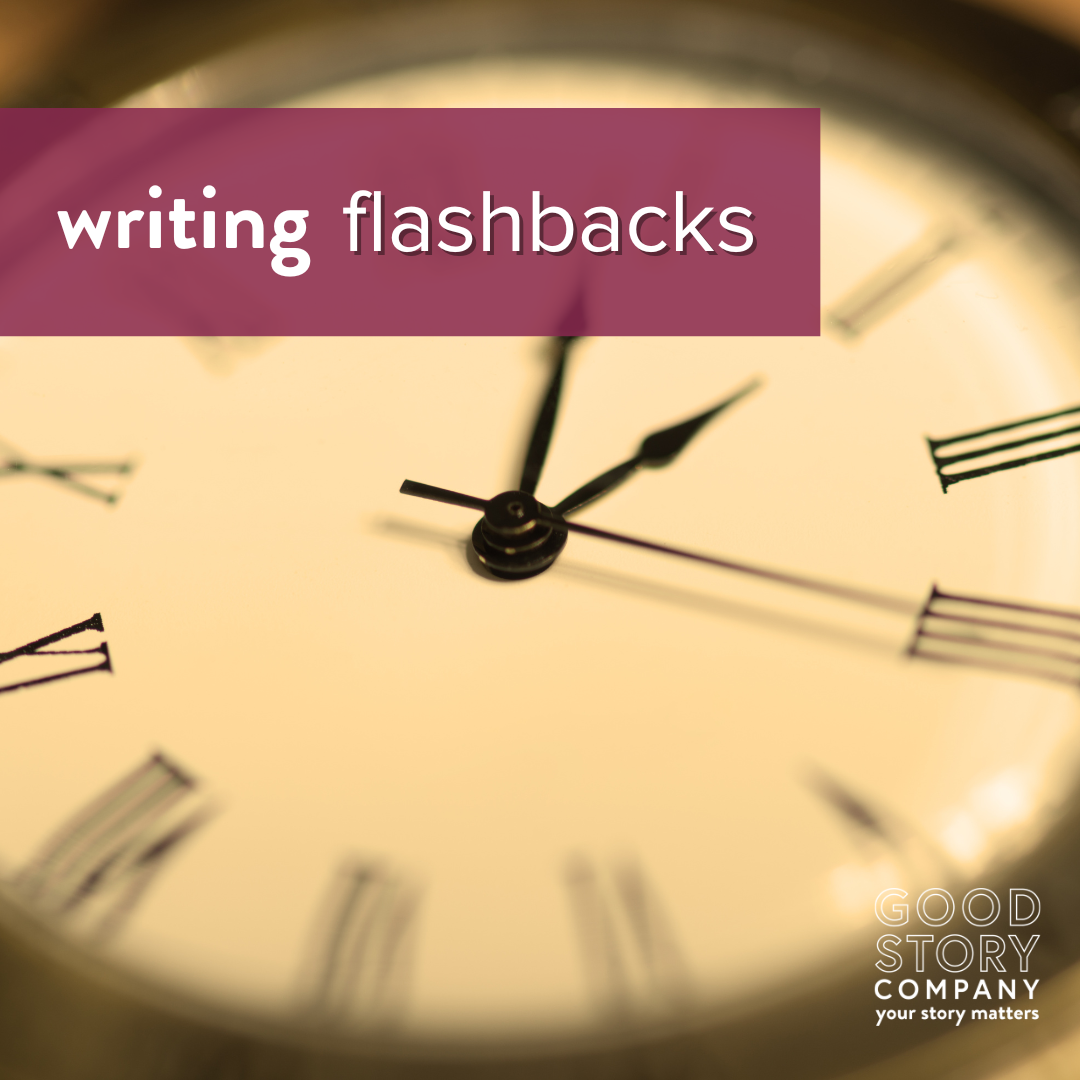
Episode 55: Kate McKean, Author & Literary Agent
How do you set realistic expectations in publishing? If a book doesn’t sell, how do you cope with rejection? Literary agent and author Kate McKean chats about her latest book Write Through It! She also shares tips for honing your writer’s intuition, pitching your book, and what queries stand out in the slush pile.
Episode 54: Marisa Churchill, Author & Chef
From Top Chef to magical cooking school: Food Network personality and chef Marisa Churchill chats about her upcoming YA novel, Secrets, Spells, and Chocolate! Find out how she pivoted from cookbook to novel writing inspired by her years of culinary experience.
Episode 53: Alee Anderson & Alice Sullivan, Ghostwriters
Alee Anderson and Alice Sullivan are here to celebrate the release of their new book, The Definitive Guide to Ghostwriting! Learn the secrets to building a ghostwriting career, marketing to develop a strong client base, and translating a client’s unique voice and story to the page.
Episode 52: Brent Taylor, Literary Agent at Triada US
Brent Taylor started at Triada US as an 18-year-old intern and has since built a successful career representing children's and adult fiction. Hear his thoughts on what’s booming in the publishing markets, the rise of romance, what he’s looking for in a query, how to succeed with a high-concept pitch, and more!
Episode 51: Paul Coccia, YA Author
Author Paul Coccia joins the podcast to chat about Recommended Reading, his YA book developed in partnership with Bittersweet Books! Learn his tricks for character development and interiority, why you should try throwing out your first draft, and how he pulls inspiration from lit theory.
Episode 50: Jessica Faust, BookEnds Literary President
Jessica Faust, President of BookEnds Literary Agency, details her 26-year career as a literary agent, growing the company from a small boutique firm to a large agency representing fiction and nonfiction for adult and children's markets.
Episode 49: Gloria Chao, Author & Screenwriter
Author Gloria Chao guides us through her unique journey from dentistry to writing! We chat about her upcoming adult debut, The Ex-Girlfriend Murder Club. Listen to our conversation for fun insights on puzzles, coming-of-age YA stories, and learning there’s no “write” way.
Episode 46: Casey Moses, Cover Designer
What’s the secret behind designing a bestselling YA book cover? Casey Moses, an Assistant Art Director at Penguin Random House, gives us some answers and provides insight into the role of a book cover designer. Listen to our in-depth conversation to learn about designing typography, special edition production, and the unusual methods for achieving perfect photoshoot conditions.
Episode 45: John Matthew Fox, Writer & Founder of Bookfox
Mary Kole is joined by writing expert John Matthew Fox to chat about his work helping authors and founding his company, Bookfox. Conversation topics include the different publishing paths available to writers, the benefits and drawbacks of traditional vs. self-publishing, the challenges of effectively marketing one's work, and going beyond commercial success.
Episode 44: Tracy Badua, Middle Grade & YA Author
Despite the challenges of balancing writing with a day job and parenting, middle grade and YA author Tracy Badua keeps churning out adventurous contemporary fantasy stories. Tracy’s books explore themes of cultural identity, family expectations, and folklore, even drawing inspiration from Filipino superstitions she grew up with.
Story Physics: Reaction Beats
Newton’s third law says every action will have an equal but opposite reaction. This is true in stories, too … or at least it should be. How do we get to know characters, even as they flit from one conflict-ridden chase scene to the next? Through reaction beats.
Episode 43: Farrah Penn, Young Adult Author
Young adult author Farrah Penn details her publishing journey, from striking out on submission to her debut novel. Listen in to this conversation for thoughts on the young adult genre, using tropes, crafting stakes and curveballs for your characters, and how screenwriting may help when writing a novel.
How to Write Active Dialogue
Writing dialogue is tricky. It seems like it should be the simplest part of the process, because we’re all familiar with what conversations sound like. There’s a difference, though, between a conversation you might have and how to write active dialogue in your story.
Avoid the Novel Prologue. Here’s Why.
You want to include as little backstory in your opening as possible, yet sometimes you feel you need to explain certain elements to the reader up front, so a prologue seems like an obvious solution. So why do so many people advise against them?
Writing Relationships Between Characters
Populating your world with interesting people can make readers care about your story, and writing relationships between characters can inspire them to ship, daydream, and root for your characters. Here’s how to help them come alive on the page as real, believable people.
Healing Writer Burnout
Writer burnout is a cousin to writer’s block, with a few key differences. Both states leave you feeling like you should write, you need to write, but you just can’t. I’ll share five tips that’ll help you recover from writer burnout.
How to Cure Writer's Block
Regardless of who I’m talking to—an audience of kid readers, or a group of teachers at a workshop, the most common question I receive is: how to cure writer’s block?
How Long Should a Book Be?
Writers have a love-hate relationship with word count. It’s one of the necessary evils we deal with to determine if a manuscript meets an acceptable published length. So how long should a book be? Here’s a guide to help you answer.
Writing Flashbacks
Writers are often cautioned away from flashbacks, but they can connect the dots between the past and who the characters are now. Read on for tips on writing flashbacks that function well.
Episode 40: Danielle Marietta, Creator of Books & Things Publishing
Danielle Marietta joins the podcast to discuss Books & Things Publishing, the children’s book sphere, and the importance of promoting diverse authors. Tune in to learn more about Danielle’s writing journey, and her tips on self-publishing, social media marketing, and connecting with your target audience.






